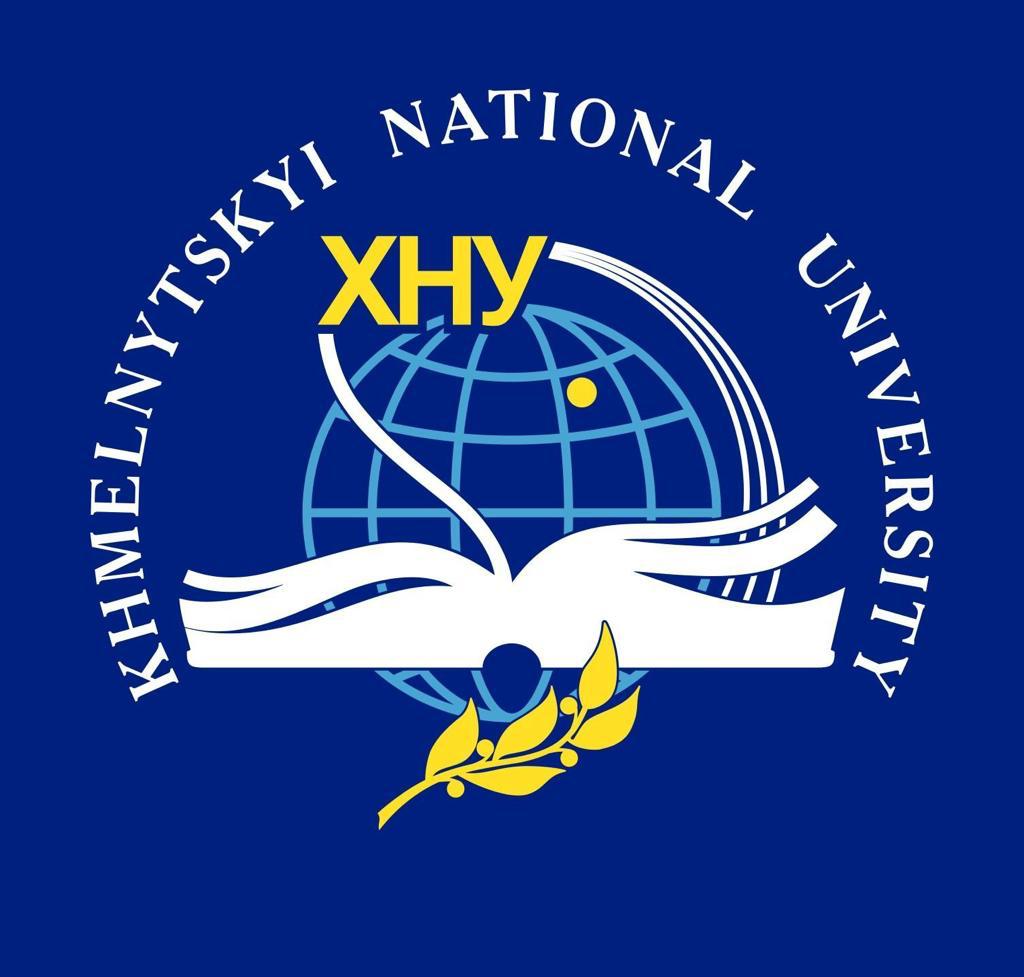RESEARCH ON THE PHENOMENON OF PEDAGOGICAL CULTURE OF FUTURE MILITARY OFFICERS: CONTEMPORARY REALITIES
DOI:
https://doi.org/10.31891/pcs.2023.1.22Keywords:
professional culture, pedagogical culture, martial law, future military officers, military pedagogical activity, training and education of military personnelAbstract
The article substantiates the fact that fundamentally new visions on the use of the Armed Forces of Ukraine are being developed during the full-scale war of Ukraine against Russia, including new concepts of war and strategies for using the army during wartime, rearmament of troops according to NATO standards, creation of new structures, an improvement of forms, types, and methods of pedagogical activity of military personnel, in particular for military officers. The maintenance and even increase of requirements for the quality of professional training for military personnel during martial law requires serious changes in the pedagogical training of military officers. The article aims to analyze the phenomenon of the pedagogical culture of future military officers, as well as to reveal its basic and functional components. The paper also focuses on the effective mechanisms of forming such culture within the framework of professional and pedagogical training in higher military educational institutions. Research goals: to analyze scientific research on the chosen issue; to consider the structural basic and functional components of the pedagogical culture of future military officers; to explore professional and pedagogical training in higher military educational institutions as an environment for the formation of the pedagogical culture of future military officers. The author employed a set of interrelated research methods to accomplish the assigned goals. These methods include logical, structural, and structural-systemic analysis of scientific research on the identified problem, synthesis, and generalization.
Overall, pedagogical culture reflects a set of certain pedagogical abilities, skills, interests, value orientations, personal qualities, and the desire for continuous development and improvement. The formation of the pedagogical culture of future military officers facilitates the development of their own professional and pedagogical stance as part of implementing various types of military and pedagogical activities by officers. It has been found that the formation and development of military officer's pedagogical culture is a complex process that continues throughout their professional life. Basic principles of pedagogical culture are laid in pedagogical training in military educational institutions.
References
Borejchuk, D. G. (2020). Formuvannja organіzacіjnoї kul'turi ofіcera-prikordonnika: rezul'tati pedagogіchnogo eksperimentu [Formation of organizational culture of the frontier officer: results of pedagogical experiment]. Humanitarni Balkanski izsledvanija [Humanitarian Balkan researches]. v. 4, no 3(9), pp. 9–12 (in Ukrainian).
Vasyshchev, V. S. (2019). Normatyvni osnovy hotovnosti do vykhovnoi roboty z osobovym skladom yak komponenta zahalnopedahohichnoi kultury maibutnikh ofitseriv [Normative foundations of readiness for educational work with personnel as a component of general pedagogical culture of future officers]. Vytoky pedahohichnoi maisternosti [Origins of pedagogical skill], no 24, pp. 20–25 (in Ukrainian).
Vasyshchev, V. S. (2020). Teoretychni osnovy rozvytku zahalnopedahohichnoi kultury maibutnikh ofitseriv: pryntsypy i metody roboty z osobovym skladom [Theoretical foundations of the development of general pedagogical culture of future officers: principles and methods of working with personnel.]. Imidzh suchasnoho pedahoha [The image of a modern teacher], no 1 (190), pp. 23–28 (in Ukrainian).
Zelenyy, V. I. (2020). Osoblyvosti formuvannya pedahohichnoyi kultury maybutnikh ofitseriv zapasu u viyskovomu navchalnomu pidrozdili [Peculiarities of the formation of the pedagogical culture of future reserve officers in the military training unit]. Pedahohika formuvannya tvorchoyi osobystosti u vyshchyy i zahalnoosvitniy shkolakh [Pedagogy of creative personality formation in higher and secondary schools], no 70 (2). URL: http://www.pedagogy-journal.kpu.zp.ua/archive/ 2020/70/part_2/25.pdf (in Ukrainian).
Kozubcov, І. M. & Kozubcova, L. M. (2015). Fenomen metodologіchnoї osnovi dіjal'nostі aspіrantіv u sistemі vishhoї vіjs'kovoї osvіti: analіtiko-porіvnjal'ne obґruntuvannja [The phenomenon of methodological basis of postgraduate students in the system of higher military education: analytical and comparative justification]. Suchasnі іnformacіjnі tehnologії u sferі bezpeki ta oboroni [Modern information technologies in the field of security and defense], no 1(22), pp. 119–122 (in Ukrainian).
Rayko, V. V. (2010). Formuvannya pedahohichnoyi kultury u molodykh ofitseriv-prykordonnykiv [Formation of pedagogical culture in young border officers]. Visnyk Natsionalnoyi akademiyi Derzhavnoyi prykordonnoyi sluzhby Ukrayiny [Bulletin of the National Academy of the State Border Service of Ukraine], no 3. URL: http://nbuv.gov.ua/UJRN/Vnadps_2010_3_10. (in Ukrainian).
Romanyshyna, L., Tiurina, V., & Boiko, O. (2023). Formuvannia pedahohichnoi kultury maibutnikh ofitseriv politsii v protsesi profesiinoi pidhotovky [Formation of pedagogical culture of future police officers in the process of professional training]. Physical Culture and Sport: Scientific Perspective, no (2), pp. 158–164 (in Ukrainian).
Sevruk, A. A. (2023). Do pytannia sformovanosti pedahohichnoi kultury maibutnikh ofitseriv Sukhoputnykh viisk [To the question of the formation of the pedagogical culture of future officers of the Ground Forces]. Pedahohika formuvannia tvorchoi osobystosti u vyshchii i zahalnoosvitnii shkolakh [Pedagogy of creative personality formation in higher and secondary school], no 86, pp. 255–259 (in Ukrainian).
Shevchenko, A. V. (2017). Formuvannia fakhovoi kompetentnosti maibutnikh ofitseriv tylu v protsesi profesiinoi pidhotovky. Diss. kand. ped. nauk [Formation of professional competence of future rear-line officers in the process of professional training. Cand. ped. sci. diss.]. Khmelnytskyi (in Ukrainian).
Brownell, S., & Tanner, K. (2012). Barriers to faculty pedagogical change: Lack of training, time, incentives, and tensions with professional identity. CBE-Life Sciences Education, 11, 339–346. doi: 10.1187/cbe.12-09-0163.
McDonald Sookermany, A. (2017). Military Education Reconsidered: A Postmodern Update. Journal of Philosophy of Education, 51 (1), 311–330.





